# | A | B | C | D | E | F | G | H | I | J | K | L | M | N | O | P | Q | R | S | T | U | V | W | X | Y | Z | All
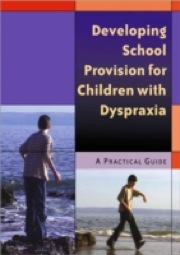
Shows how to plan a whole school approach to including children with dyspraxia and deve...
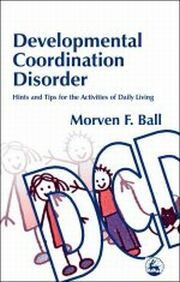
This easy-to-read booklet answers commonly asked questions about DCD and presents all t...
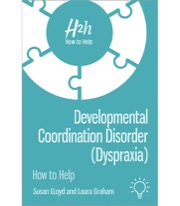
Complete, straightforward guide to the issues & challenges faced by children & young pe...
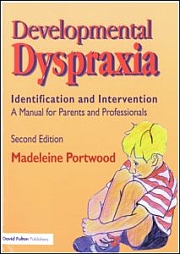
Provides background information on the neurological basis of dyspraxia, strategies for ...
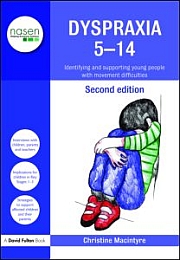
This fully revised and updated edition of Christine Macintyre’s invaluable companion ...
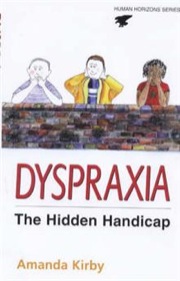
A comprehensive guide to dyspraxia, how it can affect a child & practical advice on ho...